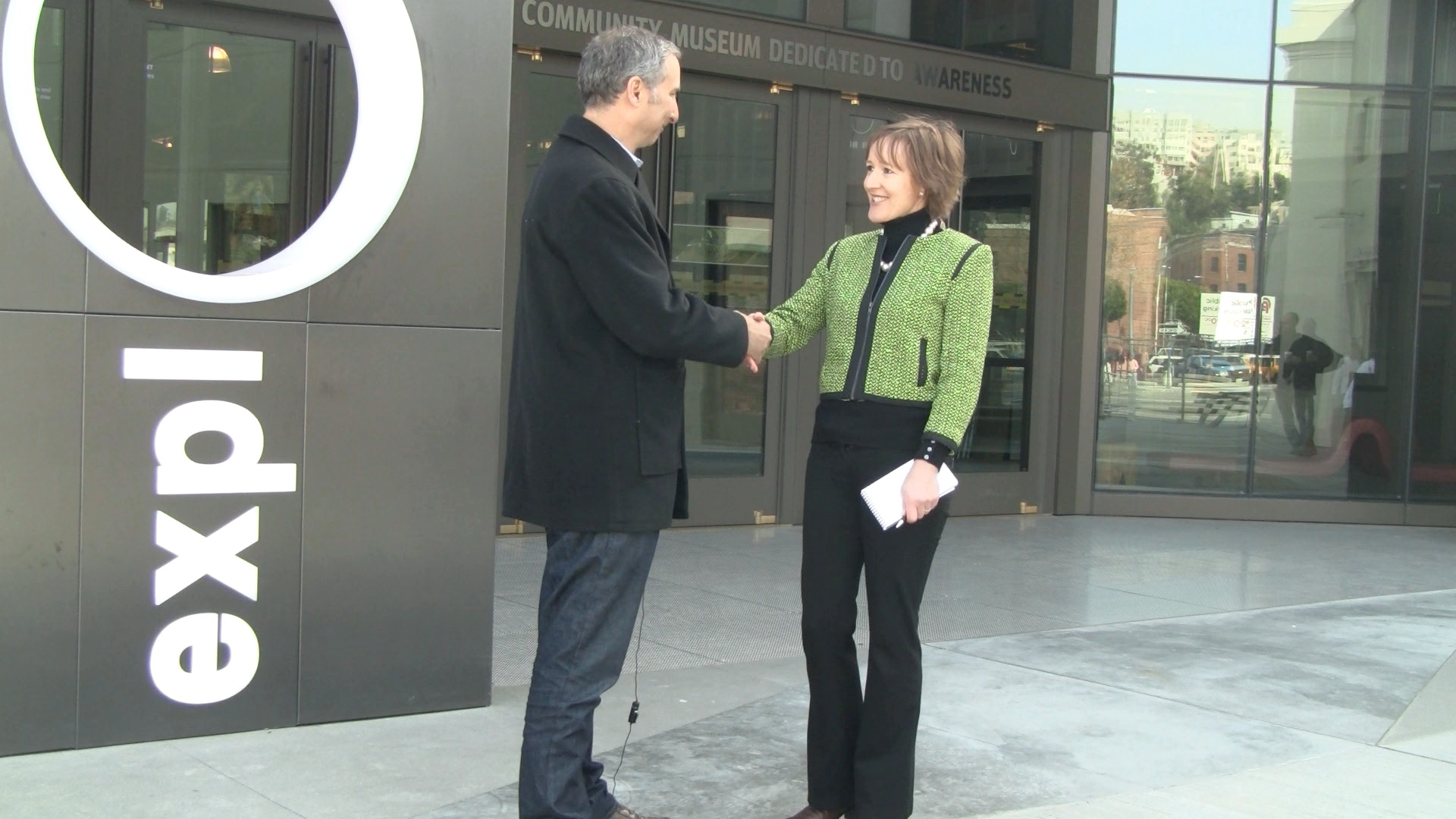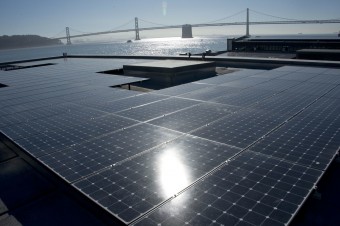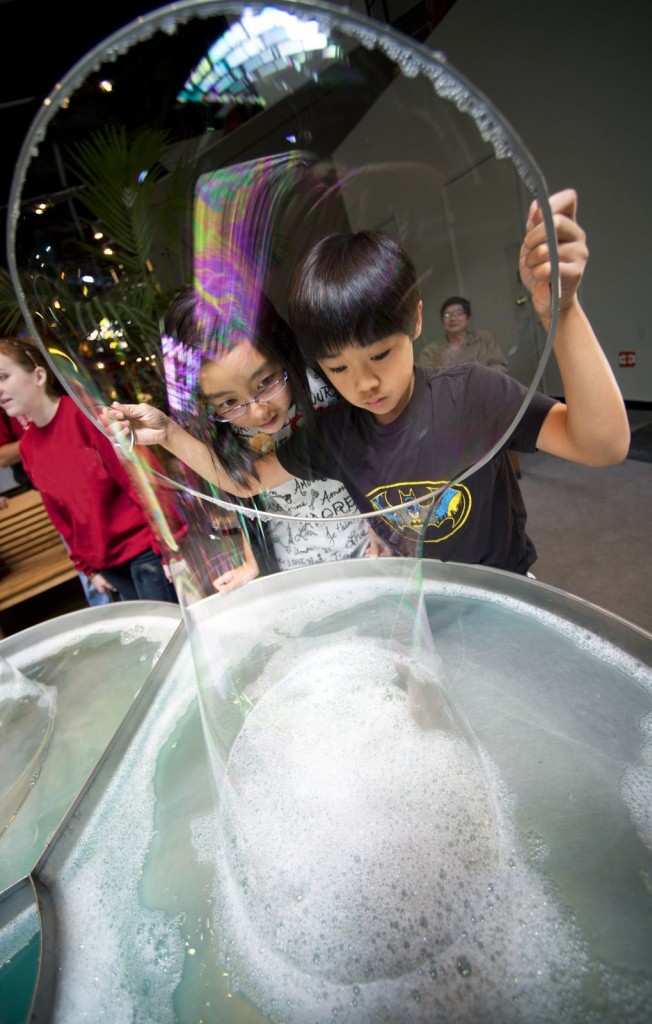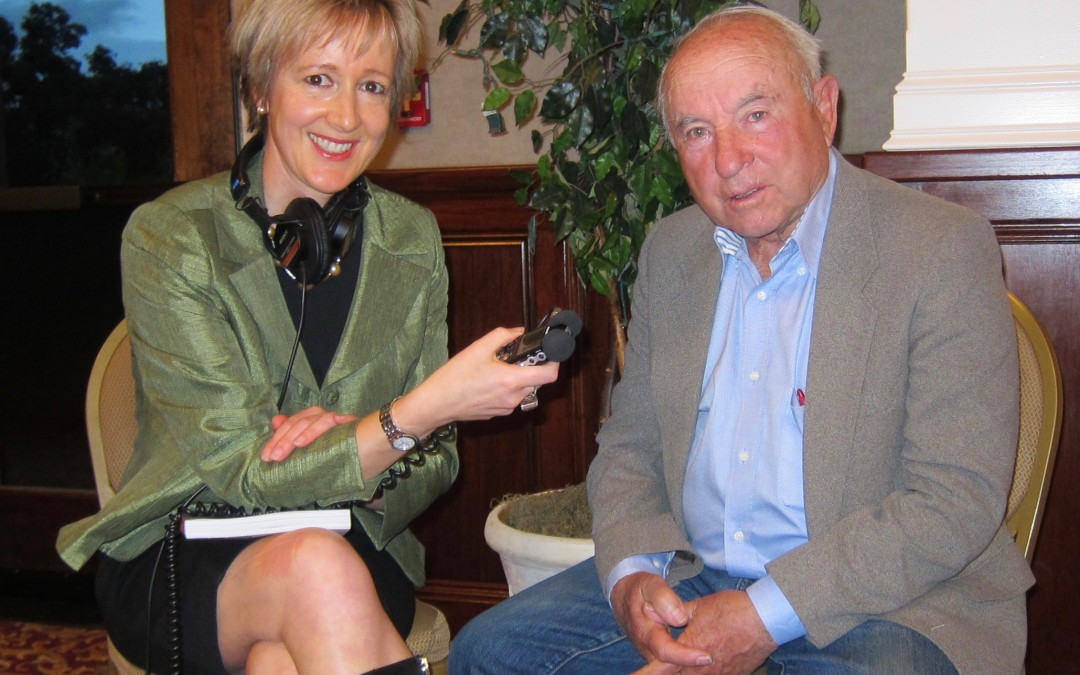
Patagonia’s Yvon Chouinard: Saving National Monuments, The Planet
Patagonia’s Yvon Chouinard calls himself a “benevolent dictator” who levies a 1% “Earth Tax” from his company to fund environmental activism. Currently Patagonia is funding a campaign to protect Bears Ears National Monument, now under threat from President Trump’s executive order this week.
Alison van Diggelen, host of Fresh Dialogues sat down with this revered pioneer of environmental responsibility. Chouinard explains how a Scottish rugby shirt inspired his Patagonia business; why he believes regenerative agriculture could save the planet; and what he’s doing to ensure Patagonia’s environmental mission continues after he dies. Chouinard’s book: “Let my people go surfing” is an attempt to challenge business as usual and the culture of conspicuous consumption. The interview took place at the Heritage Theater in Silicon Valley in October, 2016.
Listen to this special Fresh Dialogues “Uncut” podcast:
Here are some highlights of the conversation:
On his 1% for the planet “Earth tax”
Yvon Chouinard: Your typical large corporation is out to make as much money as they can for the shareholders. And what the shareholders do with their profits is their business. We believe it should be done in the business as well. I believe in taxes. Especially the kind of taxes where you get to decide where the money goes. I think that’s called taxation with representation… So we just tax ourselves 1% of our sales – not our profits – 1% of revenue is given away to 900 different small activist organizations working to save our planet.
On Private vs public ownership
Alison van Diggelen: You’ve said that your stock holders are ‘the people of the planet’
Yvon Chouinard: That’s right. When you’re CEO of a public company you have no power. Your board, your stockholders tell you what to do. I can do whatever I feel like. We’re sole owners. We can make quick decisions, be a lot more efficient, move quickly. I would never think of becoming a public corporation….I’m a dictator…
Alison van Diggelen: A generous dictator?
Yvon Chouinard: The most effective form of government is probably a benevolent dictator. Things get done. Look at American politics. The best you can ever achieve is a compromise. And compromise never solves the problem. It leaves both sides feeling cheated.
Alison van Diggelen: What else have you been able to do because you’re a private company and you have this “dictatorship”?
Yvon Chouinard: [Laughter] It’s all through the company. There’s no boss looking over your shoulder. It’s a level society throughout the whole company. Outside the company we’re getting to be very visible. I can’t believe the power we have. We’re getting invited to the White House all the time to advise on policy (under President Obama).
On Patagonia’s business conflict: making money vs saving the planet
Yvon Chouinard: I’d say buying a jacket from us causes less harm to the environment than buying a jacket from another company that doesn’t put all the thought and processes causing the least amount of harm. For instance, we only use organically grown cotton. That’s fine. Growing cotton organically causes less harm but it doesn’t do the world any good. It still causes the world a lot of harm. That’s why I decided to go into the food business. I want to go beyond organic foods, organic cotton to what’s called regenerative agriculture. The difference is, regenerative agriculture builds soil and captures carbon.
And so now I have to go to my cotton farmers – who supply us with cotton – and say: you can’t plow any more because every time you plow, it releases all the carbon you’ve captured back into the air. So agriculture is one of the biggest causes of global warming so it’s probably the biggest thing we can do to save this planet. I’m really excited about this. I think it’s our only hope to regulate the climate. We’re not going to do it any other way. Agriculture has a chance of sequestering so much carbon out of the air through changing our grazing practices and our farming practices; and basically going back to the old way of doing things. And that’s what gets me excited.
On Being a Reluctant Businessman
Yvon Chouinard: I never wanted to be a business man. I was a craftsman. I just happened to come up with ideas that people wanted. I love working with my hands. I slowly got trapped…I had no desire to get rich. I’ve done a lot of climbing on every continent and became aware of all the destruction to natural world…I decided to use my resources, which is my business, to do something about the natural world. That’s the reason we’re in business.
On the Scottish inspiration for Patagonia
Yvon Chouinard: I was in the business of making climbing equipment…I came to Scotland to climb Ben Nevis and saw a rugby shirt in department store in Edinburgh. Back then, active sportswear was basically grey flannel sweatshirts and pants. Men didn’t wear colorful sports clothes. It had a blue body, yellow stripes. I was wearing it around Yosemite, everyone said, ‘Woah!’ A light went off…I imported a few. I said, maybe I’ll get into the clothing business.
On Steve Jobs, Apple and influencing businesses to be green
Yvon Chouinard: We’re influencing small companies, not large companies. A lot of the green stuff is green washing
Alison van Diggelen: Do you feel Apple’s efforts are green washing?
Yvon Chouinard: Absolutely – it’s like that with every large corporation. They’ll pick the low hanging fruit, but when it starts getting a little tougher…They’ll do the things that turn into more profits, but when you really have to knuckle down and be truly responsible, they’re not going to do it.
Alison van Diggelen: What’s been your biggest influence in greening the world? Business side or consumers?
Yvon Chouinard: Young people. I wrote this book “Let my people go surfing” – that has gone around in 9 languages and that has influenced a lot of young people and small companies are really paying attention. The idea of changing large corporations is pretty naive of me.
On Patagonia’s business philosophy
Yvon Chouinard: I never liked authority, I never liked telling people what to do. We decided to do it in our own style. That’s the title of my book “Let My People Go Surfing.” I don’t care when you work as long as you get your work done. You go when the surf’s up. Not next Tuesday at 2 o’clock. So it’s affected our management style. It’s created a way of managing a business so that we’re not tied down. We don’t drag our butts to work every day. We skip up the stairs two steps at a time. You don’t have to do it like everyone else. We don’t hire MBAs; we don’t have advertising agencies. We do most things ourselves because we can’t trust other companies to do it.
Alison van Diggelen: Beyond your lifetime, how will you ensure Patagonia keep the environment central to its mission?
Yvon Chouinard: We’ve become a B-corporation company… In a B-corporation you can put down what your values are and they have to be values that are good for the planet, good for society.
Alison van Diggelen: Will your son or daughter stay at the helm?
Yvon Chouinard: I don’t know…I have no idea what’s going to happen after I’m dead.
Alison van Diggelen: Are you grooming them to do so?
Yvon Chouinard: Yeah, they are slowly taking over more responsibility, absolutely. My daughter is head of sportswear design right now and my son is on the board. They both have the same values that my wife and I have.
Alison van Diggelen: One last question: going back to Scotland – John Muir, I know he’s been an inspiration to you. Do you have a favorite quote or inspiration from him?
Yvon Chouinard: [laughter] When I was a climber, it was John Muir and Emerson, Thoreau and the transcendentalists, philosophers which had a different attitude to climbing mountains than say the Europeans did, which was to conquer the mountains and our attitude was: you climb them and leave no trace of having been there.
Listen to my report on Chouinard and consumerism on the BBC World Service (starts @16:00 on the podcast)
Here are Fresh Dialogues Transcript & Highlights of my BBC Report
Want to hear more interviews and reports: Subscribe to Fresh Dialogues on iTunes
This is the second in the series: Fresh Dialogues Uncut
The “Uncut” series launched with an in-depth interview with Google’s Dave Burke

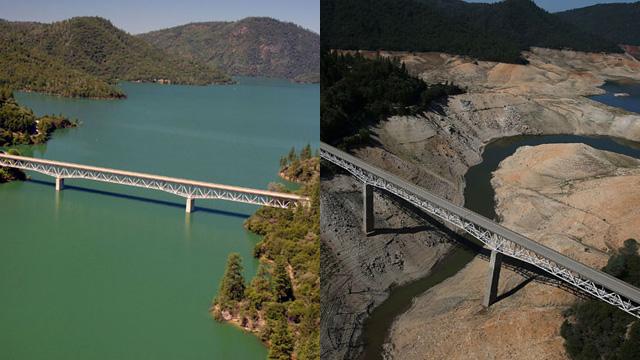
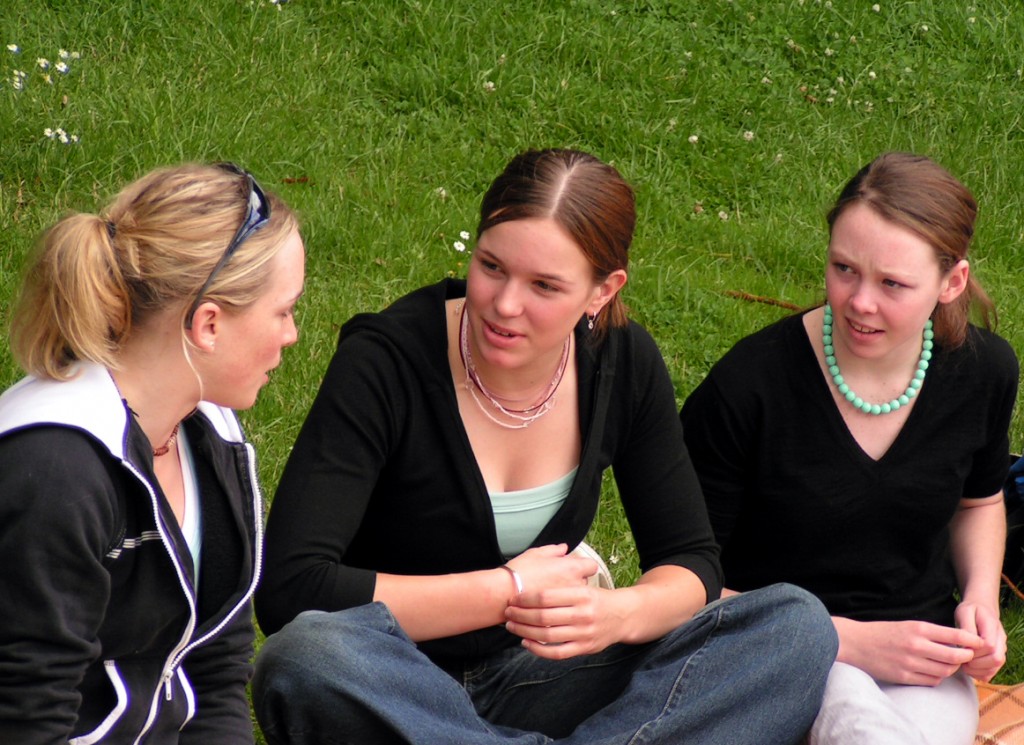 Top Prize:
Top Prize: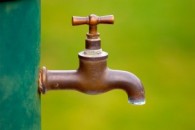 4. What’s the Deadline?
4. What’s the Deadline?